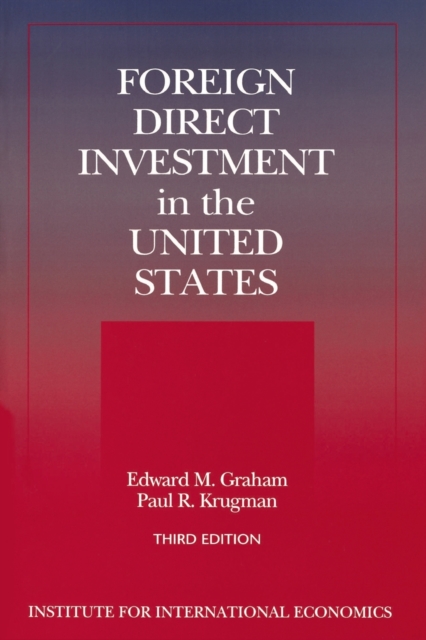
Foreign Direct Investment in the United States - Benefits, Suspicions, and Risks with Special Attention to FDI from China Paperback / softback
by Edward Graham, Theodore Moran, Lindsay Oldenski, Paul Krugman
Paperback / softback
Description
The share of the US economy controlled by foreign firms has tripled since the mid-1970s.
The authors find that foreign firms appear to invest in the United States mainly to exploit their individual advantages in management and technology - the same reasons why American firms invest abroad - rather than because the United States is now running large deficits and has become a large debtor nation.
Foreign-owned firms do not pay lower wages or shift good jobs and research and development away from the United States.
Foreign-owned firms and especially Japanese firms do, however, have a marked tendency to import more of their production inputs.
The authors warn that the President's new legislative authority to screen FDI on national security grounds could easily be abused, but endorse using this authority to ensure access to critical technologies or production processes including a requirement on some foreign firms to invest in the United States.
They propose new international rules to minimize governmental interference and harmonize policies toward multinational firms.
Information
-
Available to Order - This title is available to order, with delivery expected within 2 weeks
- Format:Paperback / softback
- Pages:224 pages
- Publisher:The Peterson Institute for International Economics
- Publication Date:01/01/1995
- Category:
- ISBN:9780881322040
Other Formats
- Paperback / softback from £15.95
Information
-
Available to Order - This title is available to order, with delivery expected within 2 weeks
- Format:Paperback / softback
- Pages:224 pages
- Publisher:The Peterson Institute for International Economics
- Publication Date:01/01/1995
- Category:
- ISBN:9780881322040






